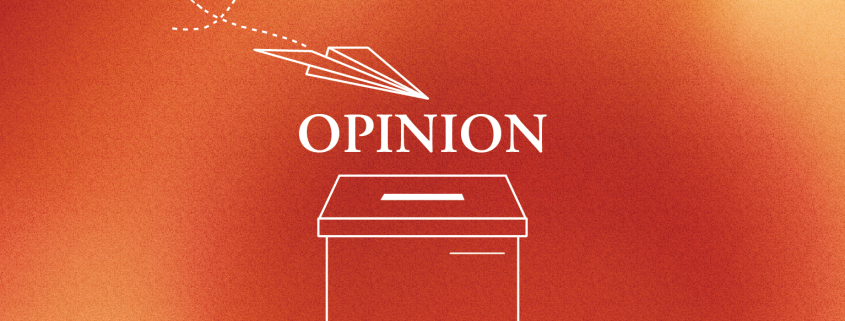USC forgot Holocaust Remembrance Day
On Jan. 27, 1945, the Holocaust’s deadliest concentration camp, Auschwitz, was liberated, allowing survivors to start a new chapter of life. However, many did not make it to this monumental day. Six million Jews lost their lives in the Holocaust; nearly 1.1 million of them in the gas chambers of Auschwitz. Most Jews know these numbers.
There needs to be more emphasis on these statistics outside of the Jewish community. Still, today, many states do not require Holocaust education in public schools. And more than 50% of adults in the United States do not know how many people lost their lives in the Holocaust, according to a 2020 study by the Pew Research Center. Merely knowing the Holocaust happened is not enough to understand the extent of the tragedy.
As a diverse institution, with nearly 50% of the student body coming from states outside of California, USC has the opportunity to spread awareness to those who may not have gotten a sufficient education in primary school or are not enrolled in university classes that cover the topic.
However, to my disappointment, USC seemed to sweep over Holocaust Remembrance Day, celebrated worldwide this past Jan. 27. Although the Shoah Foundation — USC’s nonprofit organization dedicated to the testimony documentation of survivors and witnesses of the Holocaust and other genocides — hosted some memorial events, the University did not create widespread awareness.
USC is notorious for hosting events — from extravagant concerts, to random free food and notable guest speakers. The University typically has over 10 special events each day. So why couldn’t they squeeze one in for Holocaust Remembrance Day?
USC’s social media accounts did not spread Holocaust awareness on Jan. 27, either. @uscedu did not speak up about the genocide on Instagram, even though this account often posts to honor other causes.
Education is what prevents history from repeating itself. USC is home to the next generation of policy-makers, politicians and lawyers who must fully understand the Holocaust to avoid similar affairs in the future. It is equally as crucial for the newest generation of voters to take the deep-rooted history of antisemitism into account at the polls.
Even during the past few months, the Southern Californian Jewish population has dramatically suffered from antisemitism. In October 2022, Los Angeles civilians praised rapper Kanye West for his antisemitic slurs. Then, last month, a banner hung on the I-20 overpass blamed Jewish people for global issues, including slavery and child trafficking. And last week, UC Santa Barbara was burdened with antisemitism on campus. Israeli politics professors found antisemitic statements on their chalkboards, and Holocaust-denying flyers were distributed around Isla Vista.
However, silence is also an act of antisemitism. How could a university not call attention to a genocide that took more than 6 million lives? Especially USC, which has such a prominent Jewish student body. Is it insensitive not to highlight a violent period that affected the lives of all 2,000 Jewish Trojans — whether they had ancestors in the Holocaust, experienced antisemitism or lived knowing that World War II is why the Jewish community is such a small minority group.
My maternal grandfather was born in a refugee camp for Holocaust survivors on the Czech-German border. His trauma-bonded parents, who were just grateful to be alive, spent their mid-thirties starting over in Ecuador — a new country they did not know the language or customs of. From a young age, I have learned that I am only here today because my great-grandparents were part of the marginal group that made it to January 27, 1945.
I also grew up knowing that people hated me merely for my religion and culture. This was a concept that took me a while to understand. I vividly remember being perplexed, thinking, “maybe Hitler and the Nazis would like us if they got to know us,” but I had hope because I thought society had changed. Instead, society forgot.
The slogan for Holocaust Remembrance Day is “Never Again.” But how is that possible if society forgets? Universities like USC must take action to continue the remembrance of the Holocaust through passing it onto the newest generation of intellectuals and ensure that history does not repeat itself.
It is vital that USC correctly recognizes Holocaust Remembrance Day next Jan. 27. Whether the University brings in a guest speaker, places flyers around the school, or — at the bare minimum — posts on Instagram, there must be at least some form of acknowledgment.
At least we now have a Daily Trojan article in honor of Holocaust Remembrance Day 2023.

